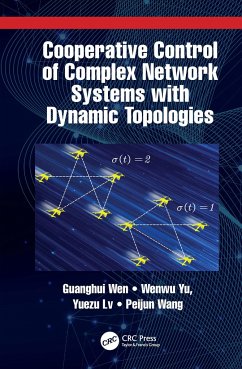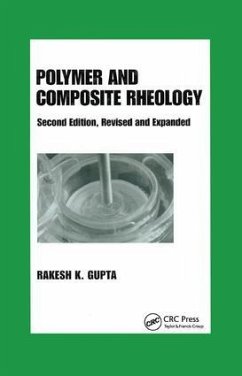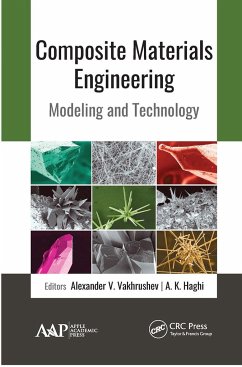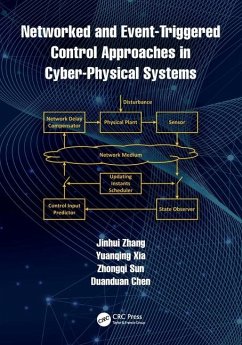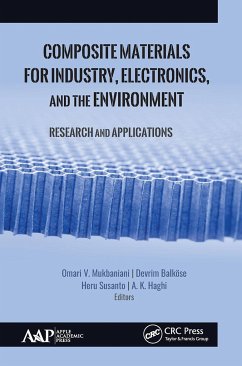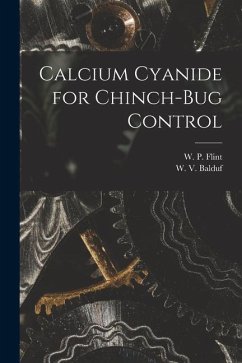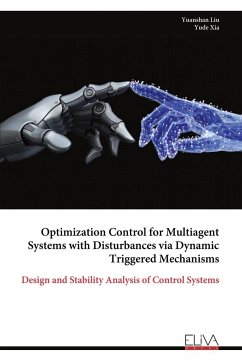Nicht lieferbar
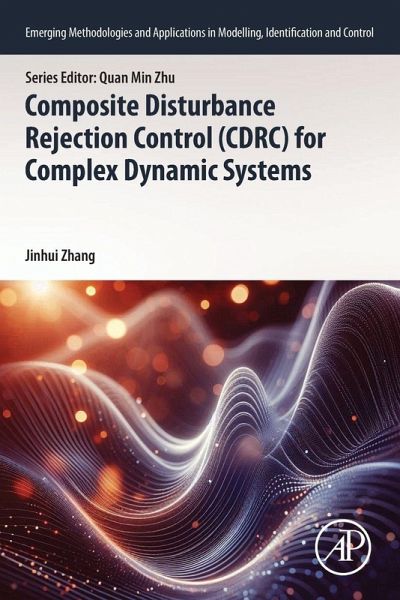
Composite Disturbance Rejection Control (CDRC) for Complex Dynamic Systems
Versandkostenfrei!
Nicht lieferbar
Composite Disturbance Rejection Control (CDRC) for Complex Dynamic Systems introduces a range of innovative composite disturbance rejection control methods, integrating DOB, ADRC, and other advanced control algorithms. These methods are poised to enhance the control performance of diverse practical control systems in the presence of disturbances. Disturbances are pervasive in modern engineering systems, exerting a nonnegligible negative influence on system performance, and conventional control methods like PID exhibit limited efficacy in managing disturbances, while certain advanced control ap...
Composite Disturbance Rejection Control (CDRC) for Complex Dynamic Systems introduces a range of innovative composite disturbance rejection control methods, integrating DOB, ADRC, and other advanced control algorithms. These methods are poised to enhance the control performance of diverse practical control systems in the presence of disturbances. Disturbances are pervasive in modern engineering systems, exerting a nonnegligible negative influence on system performance, and conventional control methods like PID exhibit limited efficacy in managing disturbances, while certain advanced control approaches face practical implementation challenges in real-world control systems for a multitude of reasons.





